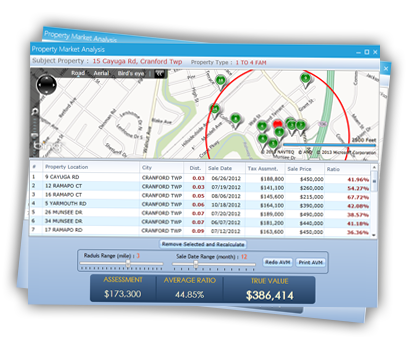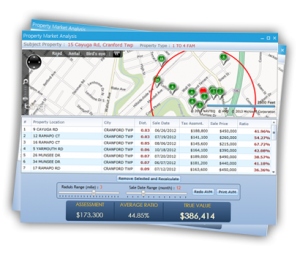 When it comes to real estate and most forms of housing, the Fair Housing Act creates a blanket of sorts that envelops those looking to purchase or rent a residence. In essence, while there are still stipulations, race, color, national origin, religion, sex, familial status, or disability cannot be a deciding factor in things such as refusing to rent or sell housing, set different terms or conditions, or deny a dwelling.
When it comes to real estate and most forms of housing, the Fair Housing Act creates a blanket of sorts that envelops those looking to purchase or rent a residence. In essence, while there are still stipulations, race, color, national origin, religion, sex, familial status, or disability cannot be a deciding factor in things such as refusing to rent or sell housing, set different terms or conditions, or deny a dwelling.
Dating back to the 1960’s, the large political movements pushing to outlaw discrimination also set their sights on a broad range of housing transactions—to include mortgage lending, advertising, zoning, and homeowner’s insurance. Termed fair or open housing, President Lyndon B. Johnson urged congress to finally pass the federal Fair Housing Act, which sought to create a cohesive housing market in which a person’s look, culture, or background would not limit their access to property.
WHAT IS PROHIBITED?
In the sale and rental of housing, no one may take any of the following actions based on race, color, national origin, religion, sex, familial status, or disability:
- Refuse to rent or sell housing
- Refuse to negotiate for housing
- Make housing unavailable
- Deny a dwelling
- Set different terms, conditions, or privileges for sale or rental of a dwelling
- Provide different housing services or facilities
- Falsely deny that housing is available for inspection, sale, or rental
- For profit, persuade owners to sell or rent (blockbusting)
- Deny anyone access to or membership in a facility or service (such as a multiple
- listing service) related to the sale or rental of housing
In mortgage lending, no one may take any of the following actions on the basis of:
- race, color, national origin, religion, sex, familial status, or disability
- Refuse to make a mortgage loan;
- Refuse to provide information regarding loans;
- Impose different terms or conditions on a loan, such as different interest rates, points, or fees;
- Discriminate in appraising property;
- Refuse to purchase a loan; or
- Set different terms or conditions for purchasing a loan
Individuals who feel that they have been discriminated against in the housing process can lodge a complaint with HUD’s Office of Fair Housing & Equal Opportunity (FHEO), where the issue in question will be forwarded to the state; however, it’s important to note that local agencies will be investigating the case instead of FHEO.
If you have any questions, I would love to be of service. Please do not hesitate to contact me for assistance.
Marie Dinsmore | The Dinsmore Team | www.dinsmoreteam.com | 770-712-7789





